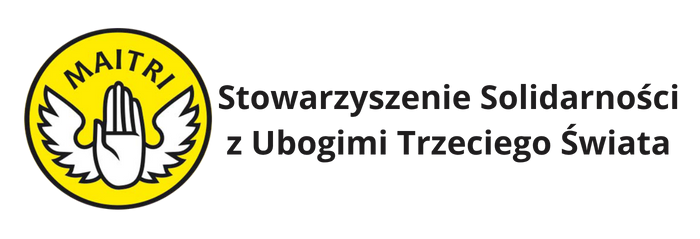The Academy of Good Education – the students help their African peers
The “Have a Heart Adoption” programme is often associated with the adults’ participation who, through the sponsorship, help the children from the developing countries, improving their living conditions and making it possible for them to attend the schools. What rarely crosses our minds, is the fact, that the children also can be actively involved with charity work. On a regular basis, the MAITRI Movement runs information campaigns in the schools, with the assistance of the local teachers, on how to get involved and what are the possibilities out there to collect donations for the African children in need. So far, we were able to engage the pupils from over 70 schools in Poland.
In 2016, after one of the informational meetings in the Academy of Good Education (Akademia Dobrej Edukacji), in Gdansk a group of six students (five from the middle school and one from the secondary school) formed a project team led by the French teacher Maria Petit. Madzia, Mikołaj, Marysia, Lila, Ania, Miłosz and Natalia decided to work together to raise funds needed to include Stephanie, born in 2004, in the “Have a Heart Adoption” programme. At the time, this little girl from the small village in Cameroon was receiving the help from The Passionist Sisters congregation, who also as a part of their mission run a medical centre in Ndelele that provides a maternity care, AIDS and tuberculosis treatments to the local community. The sisters, witnessing the poverty and seeing many children working from very young age, decided to get involved and give the children a chance of education.

Ndelele’s main street
The child labour and overall situation of the children in Ndelele triggered the partnership between the congregation and the Maitri Movement more than ten years ago. Since then, we were able to help more than 200 children through the “Have a Heart Adoption” programme. The support, especially in Ndelele is imperative from a humanitarian perspective. To this day, the village has no access to electricity or running water, and the mud covers an international road running through it entirely. Also, the vicinity of The Central African Republic doesn’t help – the civil war there causes the migration of people, and the village receives significant amounts of the refugees. In 2015, The MAITRI Movement financed the construction of the local school toilets and also built the incineration furnace for a medical-waste.
In such disadvantaged area like Ndelele, an education seems to be the only chance for the children to transform their futures. From this perspective, the help Stephanie received from six Polish pupils, takes on a whole new meaning. It is worth noting that involvement in the “Have a Heart Adoption” programme does not influence the students’ grades. Deeply touched by Stephanie situation, they have decided to create an action plan themselves and generated ideas for fundraising: baking cookies and selling them during the school events. The students managed to collect 625 PLN what covered a year of Stephanie’s education.
Soon after Stephanie received the support from us, she was found by the relatives from Douala town in Cameroon. The move to new place meant the termination of the “Have a Heart Adoption” programme, but not an end to the special bond that developed between the children. To say goodbye, the kids from the Academy of Good Education sent Stephanie a letter along with other gifts.
Madzia, Mikołaj, Marysia, Lila, Ania, Miłosz and Natalia wish to continue their charitable journey and plan to sponsor another child. The MAITRI Movement has invited them to its Gdańsk centre to express appreciation for all their efforts. The kids learnt how our “back office” in Poland operates and were able to discuss the reality of African children with our coordinator Iza Wyłoga, who also showed them related videos and presentation.
We are extremely proud of what these students have achieved so far and happy to see their engagement.
The Academy of Good Education – the students help their African peers

